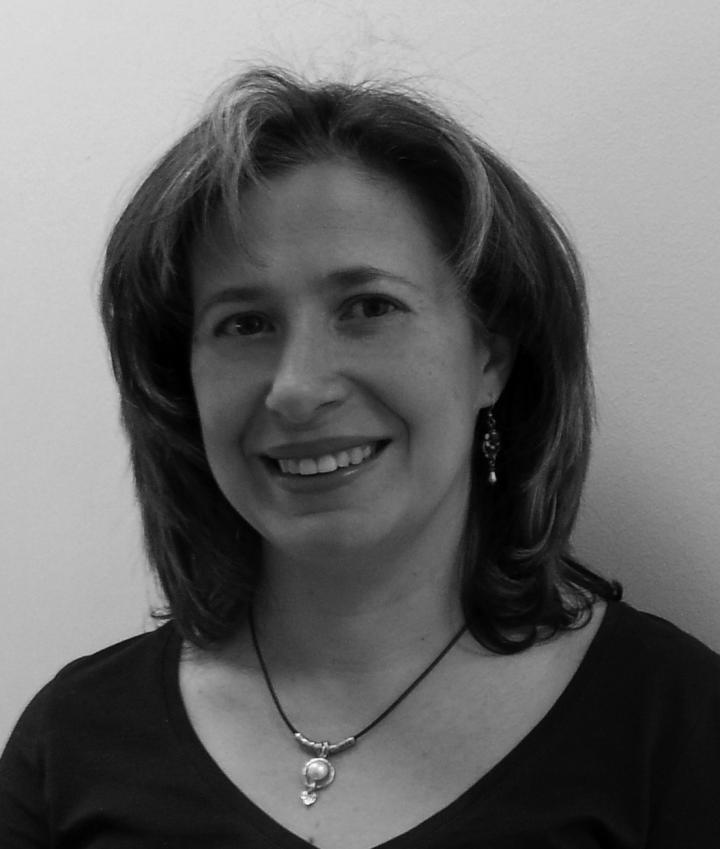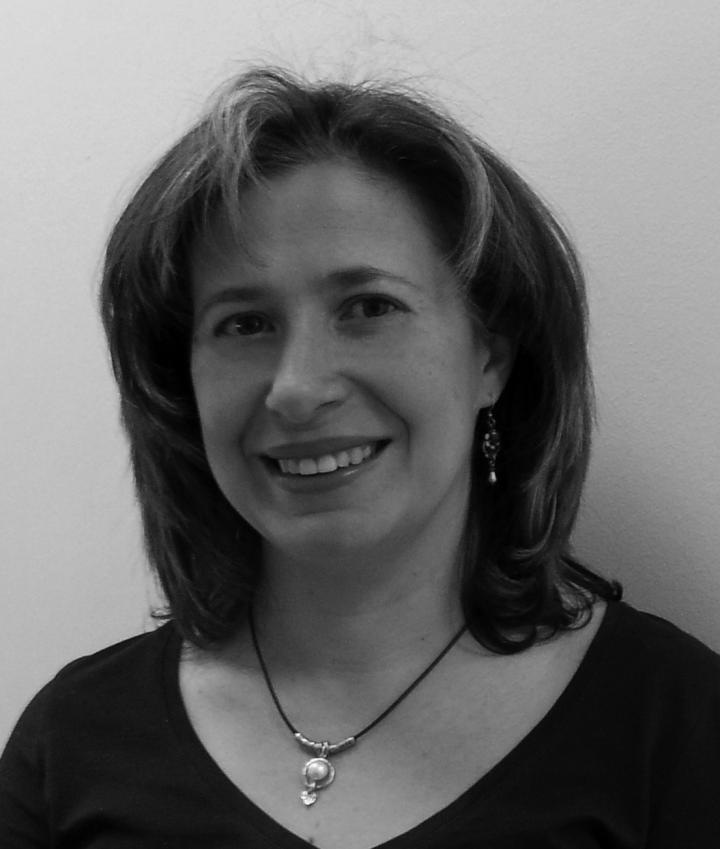
Credit: University of Colorado Cancer Center
The gene p53 is the most commonly mutated gene in cancer – it is p53's job to monitor cells for DNA damage and to mark damaged cells for destruction and so cancer cells with mutated DNA must disable p53 before it disables them. However, there is a second, darker side to p53. While intact or "wild type" p53 is a tumor suppressor, mutated p53 can itself become an oncogene, driving the progression of the disease. A University of Colorado Cancer Center study presented today at the American Association for Cancer Research (AACR) Annual Meeting 2017 picks apart the dark side of this gene, the mutated, oncogenic form of p53, to show that other genes, Mdm2 and now for the first time Mdm4, keep mutated p53 in check.
"Because p53 is the most frequently mutated gene in cancer, it has a tremendous impact on tumorigenesis. Anything that regulates the p53 pathway has an importance in tumor development – and potentially for therapy," says senior author Tamara Terzian, PhD, investigator at the CU Cancer Center and assistant professor at the Gates Center for Regenerative Medicine on the University of Colorado Anschutz Medical Campus.
In healthy cells, Mdm2 and Mdm4 keep p53 at low levels; studies have shown that nixing these proteins results in a spike in p53 and the destruction of the cell. Commonly, DNA damage – either oncogenic mutations or other non-cancer stressors – results in high p53 and cell death. And, also commonly, cancer evades this blockade by mutating p53, keeping its levels artificially low despite high DNA damage.
But there is another storyline to p53 and cancer. In this second story, cancer mutates p53 and uses this new form to drive its growth directly. Now cancer would like to turn up this mutated form of p53. And now doctors, instead of wishing that healthy p53 would spike in response to oncogenic DNA, wish that mutated p53 would go away.
"When you take out either of these two genes, Mdm2 or Mdm4, mutated p53 is elevated and mice die earlier of mutant-p53-driven cancers," Terzian says. However, Terzian's study also shows cooperation between 2 and 4. "When you knock down either, you boost the level of mutant p53, and when you take them both out, it kind of goes through the roof," she says.
Therapies now in clinical trials attempt to force cancer-causing mutant p53 back into the mold of cancer-killing healthy p53, for example, because many cells hold both mutant and wild type p53, "by activating the wild type or depleting the mutant or making the mutant into the wild type," Terzian says.
"We want to know both what regulates p53 and what are its target genes," Terzian says. "And in the case of mutant p53 we are not talking about a homogenous actor – we have multiple mutations and each one makes a protein of its own; each has a mind of its own. Wild type is just one form, but mutant proteins have endless possibilities. Asking questions about these possibilities expands the horizon."
The horizon is becoming clearer – wild type p53 kills cancer and mutant p53 causes cancer. Both types are suppressed by Mdm2 and Mdm4. The challenge is to manipulate these proteins or other actors in the chain of signaling that extends from these proteins, at the right time in the right patients.
"By understanding how mutant p53 proteins are regulated, we increase the likelihood of developing a successful therapeutic strategy to treat tumors," says Terzian.
###
Media Contact
Garth Sundem
[email protected]
@CUAnschutz
http://www.ucdenver.edu
############
Story Source: Materials provided by Scienmag





